The Supreme Court released its opinion in Moyle v. United States on Thursday morning, matching the result of the previously leaked draft. For the second consecutive year, a major Supreme Court abortion decision was leaked before its official release. This time, it seems the leak was due to a clerical error by someone managing the Court’s website.
Two years ago, a draft of Justice Samuel Alito’s opinion in Dobbs v. Jackson Women’s Health Organization, which overturned Roe v. Wade, was leaked to the press. The identity and motive of the leaker remain unknown. Approximately two months after the leak, the Supreme Court issued its final opinion in Dobbs, which closely resembled the leaked draft.
Likely Leaked by Accident
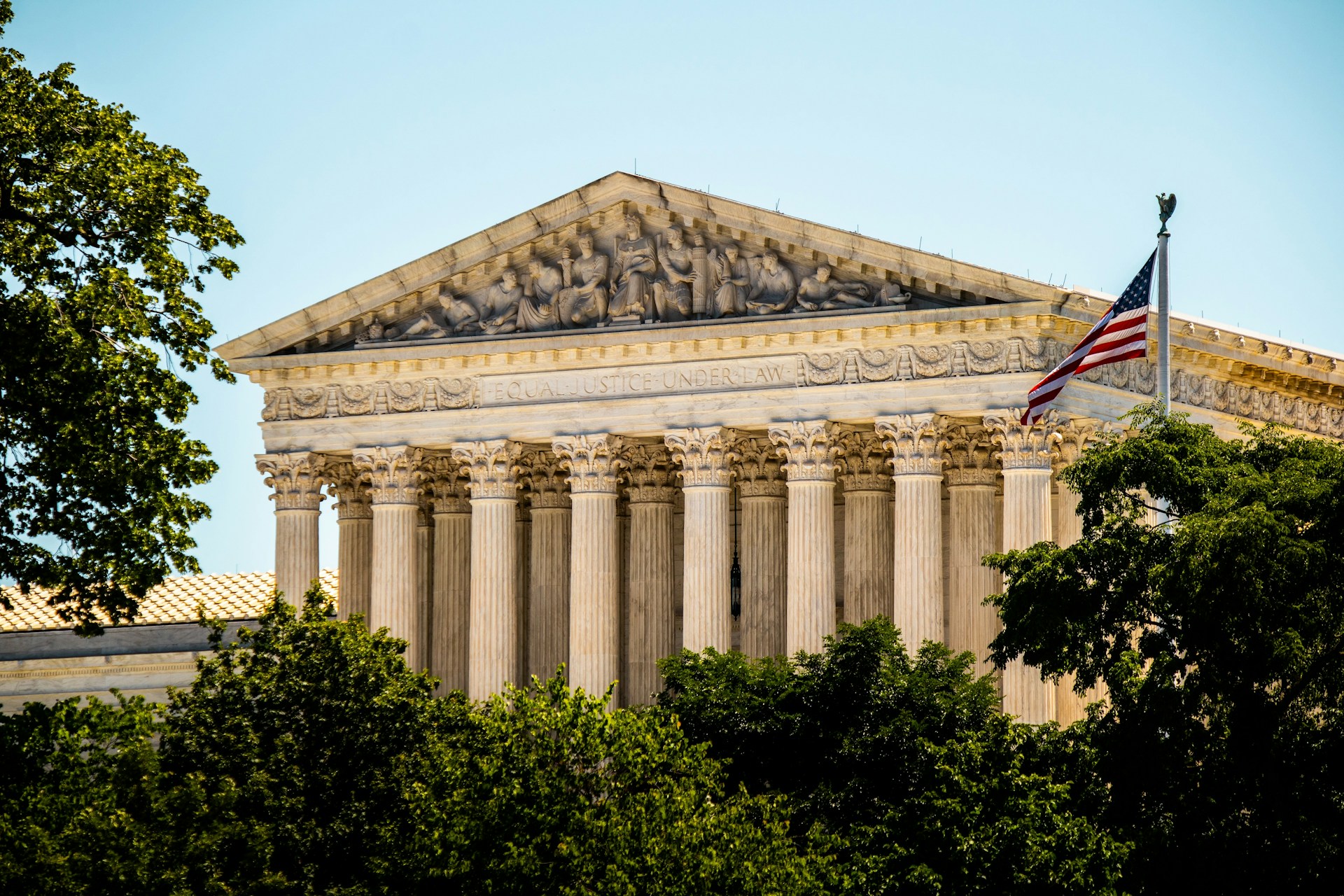
On Wednesday, another significant abortion opinion was leaked, this time likely by accident. Bloomberg reported that the justices’ opinions in Moyle v. United States were “briefly posted on the court’s website” before being taken down. A Supreme Court spokesperson stated that “the court’s publications unit inadvertently and briefly uploaded a document to the court’s website,” and that the final decision would be “issued in due course.” Bloomberg provided a link to the leaked document.
The Moyle case questions whether states can disregard a federal law requiring most hospitals to provide emergency care, including abortions if medically necessary. Specifically, it challenges whether Idaho’s near-total abortion ban prevents doctors from performing medically necessary abortions.
The Majority Vote
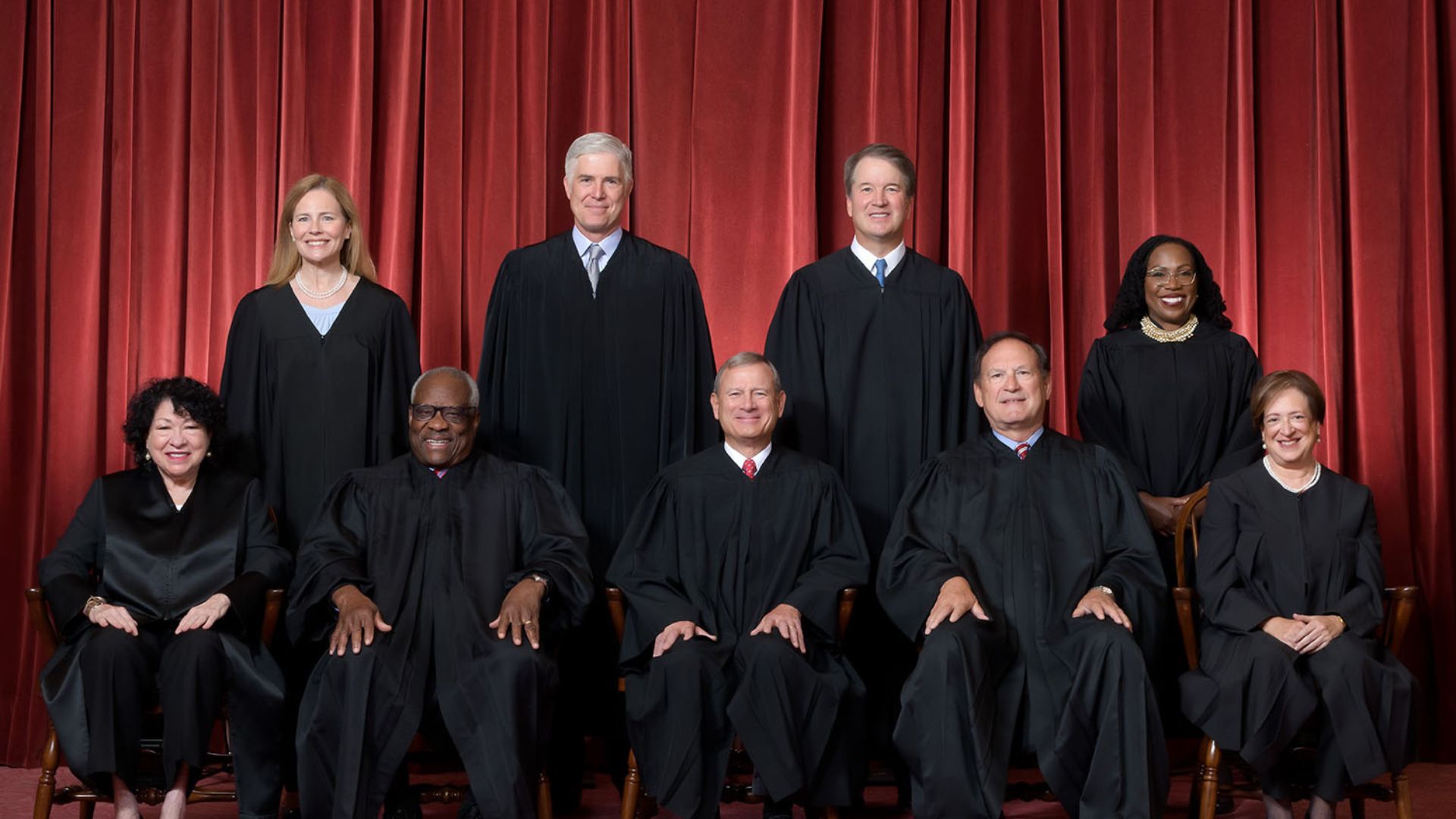
Assuming the leaked document aligns with the Court’s final decision, a majority of justices have chosen not to rule on the Moyle case. The Court appears divided into four concurring and dissenting opinions, none of which have majority support. However, five justices seemingly decided that the case should not have been taken up through an expedited process that bypassed an intermediate appeals court.
The leaked document offers some positive news for abortion rights supporters. In January, the Court temporarily blocked a lower court decision preventing Idaho from enforcing its strict abortion ban against patients needing an abortion to save their life or avoid catastrophic health consequences.
Will the Final Decision Resemble the Leaked Draft?
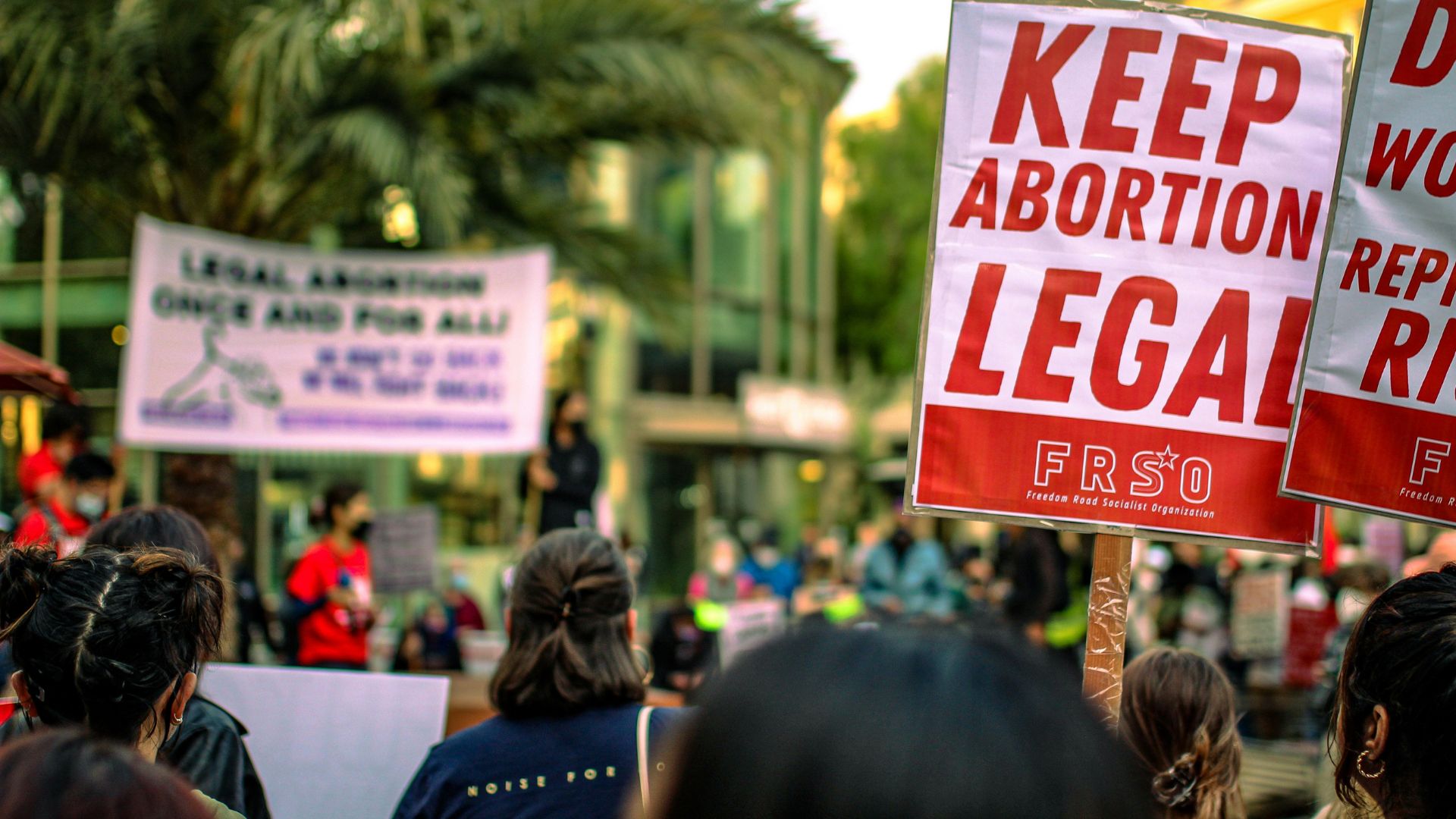
In the leaked document, six justices voted to reinstate the lower court’s order, meaning Idaho patients needing medically necessary abortions won’t have to be transported to other states. However, if the final decision closely resembles the leaked draft, the main effect will likely be to delay the final resolution of this case until after the election.
This means that patients outside Idaho, who hoped for a precedent requiring ER doctors nationwide to comply with the federal law for emergency care, may not be able to obtain necessary abortion care to save their life or avoid severe health consequences.
Emergency Medical Treatment and Labor Act

The federal Emergency Medical Treatment and Labor Act (EMTALA) mandates that hospitals accepting Medicare funds provide “such treatment as may be required to stabilize the medical condition” of anyone arriving at the hospital’s ER with an “emergency medical condition.”
EMTALA defines an “emergency medical condition” as one that risks “serious impairment to bodily functions,” or “serious dysfunction of any bodily organ or part,” among other things. Therefore, if a patient’s uterus would be destroyed without an abortion, EMTALA generally requires hospitals to provide that abortion, even if the patient would likely survive without it.
Federal Law Supersedes State Law

This federal law conflicts with an Idaho statute banning all abortions except when “necessary to prevent the death of the pregnant woman.” When a federal law conflicts with a state law, the Constitution states that federal law “shall be the supreme Law of the Land,” thus pre-empting the state law. EMTALA also includes a provision stating that state and local laws must yield “to the extent that the [state law] directly conflicts with a requirement of this section.”
This should be a straightforward case. EMTALA imposes a broad requirement on nearly all hospitals to provide emergency care, without an exception for abortions. The statute explicitly states that conflicting state laws must give way.
Complexity of Abortion Cases

However, in this Court, abortion-related cases are rarely simple. The Court’s three Democratic appointees, Justices Sonia Sotomayor, Elena Kagan, and Ketanji Brown Jackson, argue in two separate leaked opinions that EMTALA means what it says, though they appear divided on a procedural question.
Typically, the Supreme Court waits for at least one appeals court to review a case before taking it up. In Moyle, however, the Court used an unusual process called “certiorari before judgment” to bypass the appeals court meant to hear the case. Kagan, joined by Sotomayor, argues the case should be sent back to the appeals court that should have initially heard Moyle.
Risk of Prosecution Under State Law
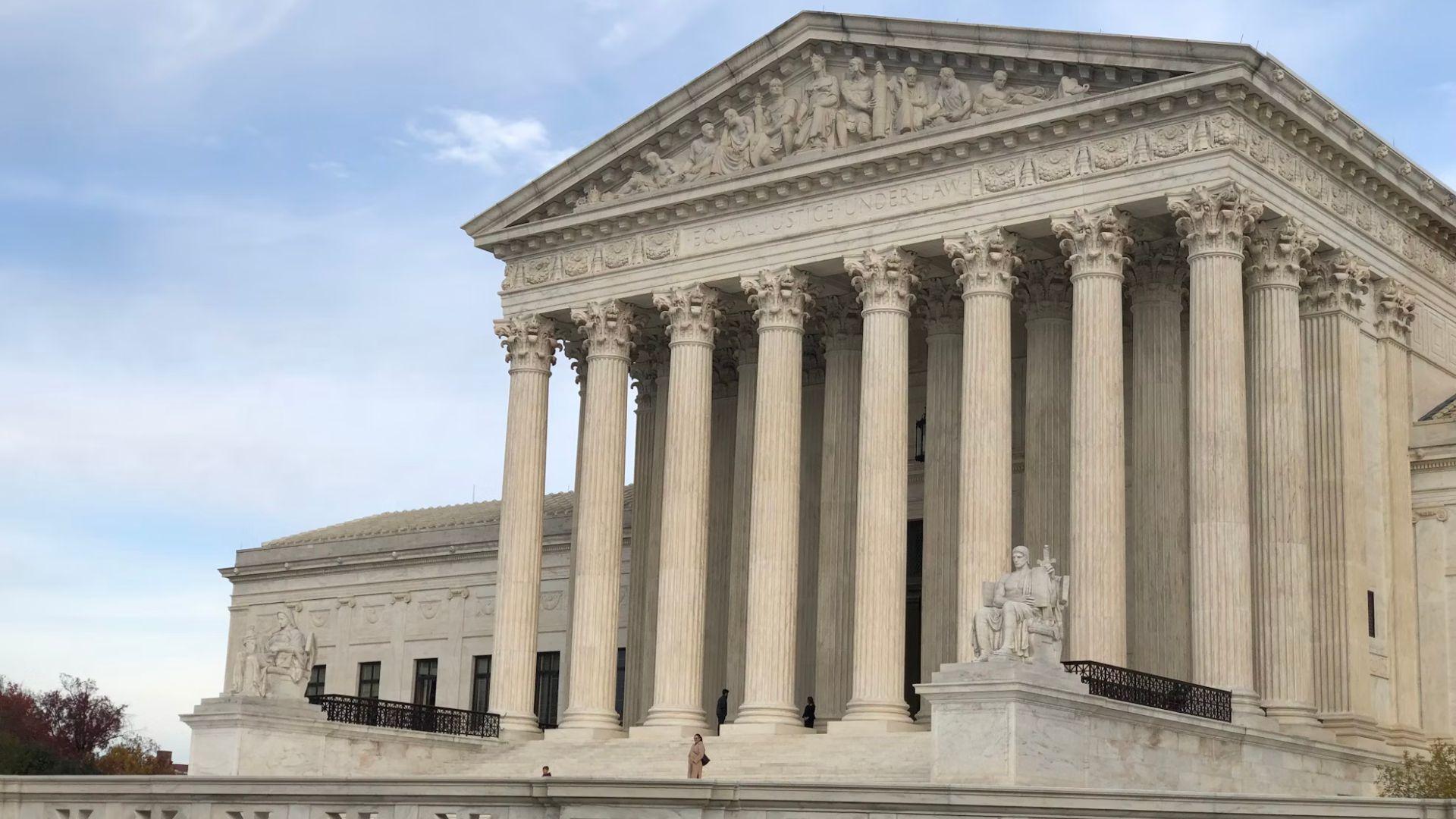
Jackson, on the other hand, argues that the Court should immediately rule that EMTALA means what it says. She writes that doctors “observing the different legal thresholds for action under state and federal law” will be “surely cowed into not providing abortion” required by federal law, especially due to the risk of prosecution under state law.
A Supreme Court decision confirming EMTALA’s supremacy would allow doctors to perform medically necessary abortions with confidence
Abortion Exception
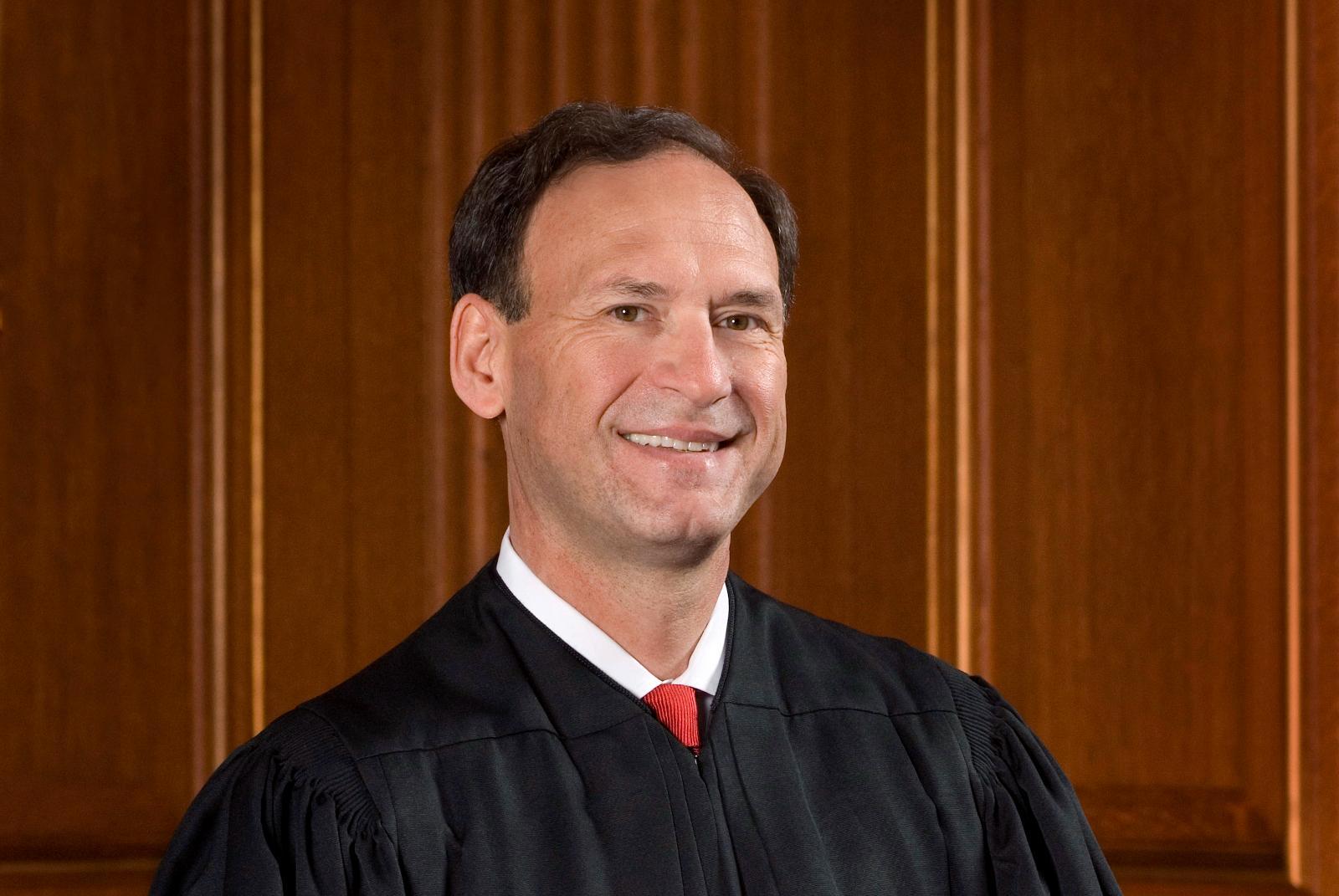
At the Court’s far right, Alito, in a leaked opinion joined fully by Justice Clarence Thomas and partially by Justice Neil Gorsuch, argues for an abortion exception to the EMTALA statute. Alito points to several provisions of the law that use the phrase “unborn child,” suggesting that a statute using that phrase should not permit abortions.
Alito also presents a novel constitutional argument, claiming Idaho must consent before its abortion ban can be pre-empted by EMTALA. Justice Amy Coney Barrett, writing for herself, Chief Justice John Roberts, and Justice Brett Kavanaugh, occupies a middle ground.
More Questions
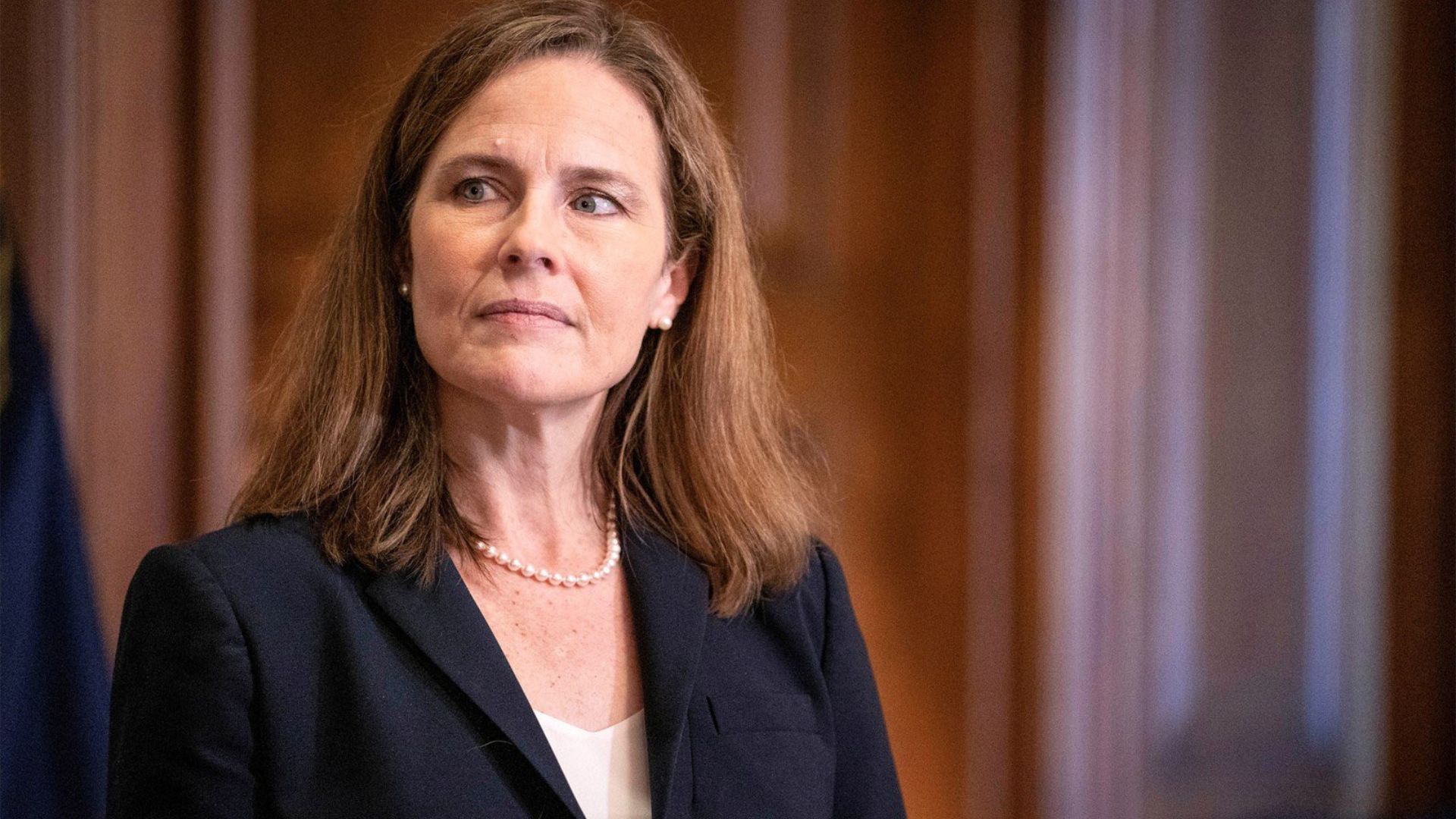
Barrett’s opinion, as published in the Bloomberg leak, leaves most important questions in Moyle unresolved. She agrees with Kagan that the case should be sent back to the lower court, creating a majority for that outcome. She notes that Alito’s constitutional argument is “difficult and consequential” without taking a definitive stance.
Barrett’s main point is that there’s no longer a need to bypass the appeals court and expedite the case due to concessions made by both sides. The Biden administration conceded that EMTALA could not authorize abortions for mental health conditions and that federal laws allowing hospitals or doctors with moral objections to opt out of providing abortions still apply under EMTALA.
Abortion Rights Problem for the Other 49 States

Idaho’s lawyers claimed its state law permits abortions for some medical conditions “even if the threat to the woman’s life is not imminent.” Barrett argues that the “parties’ positions are still evolving,” so it makes sense for these positions to be refined in a lower court before the Supreme Court issues a final ruling.
Thus, the good news for abortion rights supporters is that Idaho ER patients will benefit from EMTALA while the case progresses through the appeals court. The bad news is that the leaked Moyle decision does not aid patients in the other 49 states. This poses a significant problem for abortion rights. As Jackson notes, since Dobbs, even the most anti-abortion states typically permit abortions in some cases, such as when the patient’s life or health is at risk.
Waiting Game

However, there are often no court precedents clarifying when abortions are allowed, leaving doctors and their lawyers unsure when it’s legal to perform a medically necessary abortion. Kate Cox, a Texas woman, was denied an abortion despite her fetus being diagnosed with a rare and terminal genetic condition, forcing her to travel out of state for the procedure. Other women have been forced to carry to term fetuses that will die shortly after birth or have been denied abortion care even after experiencing a miscarriage that leaves them in medical distress. The Texas Supreme Court ruled against a group of 20 women claiming they had been denied medically necessary abortions.
The Moyle lawsuit aimed to address this problem by allowing federal courts to develop precedents clarifying when EMTALA grants a right to an abortion. However, this process cannot begin until courts agree that EMTALA means what it says. If the leaked Moyle decision proves authentic, it may take months or even years before federal courts can establish the precedents hospital lawyers need to advise their clients. This is assuming Alito doesn’t eventually secure the votes to introduce an abortion exception to EMTALA.








































